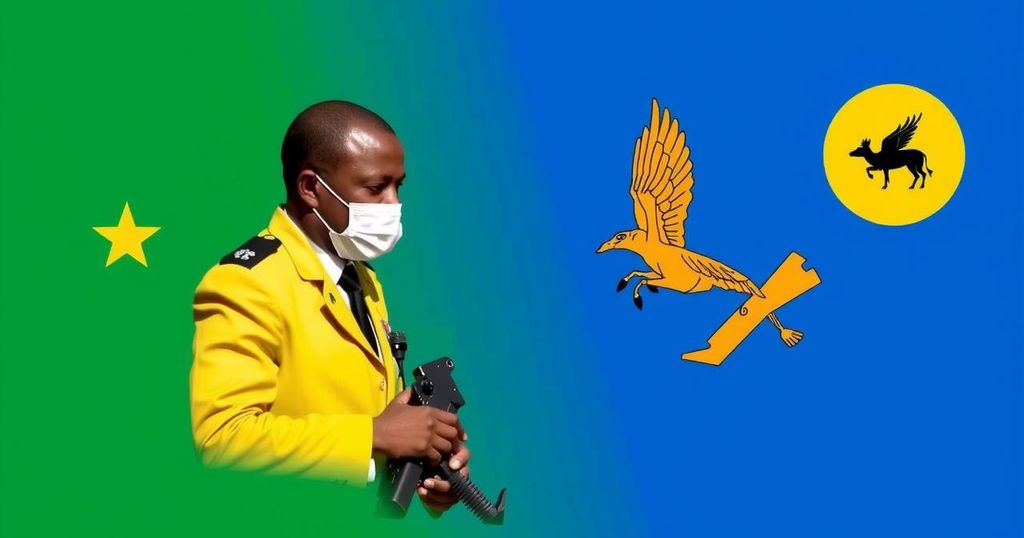Ambassador Olivier Nduhungirehe affirmed Rwanda’s commitment to the Luanda peace process, denying claims of troop deployment in support of the M23 rebels in DR Congo. He emphasized Rwanda’s defensive measures against FDLR threats and expressed readiness to sign peace agreements aligned with national security interests, while criticizing the integration of FDLR into the Congolese military.
In a recent interview, Ambassador Olivier Nduhungirehe, Rwanda’s Minister of Foreign Affairs and International Cooperation, reaffirmed Rwanda’s commitment to the agreements established in the ongoing Luanda peace process aimed at resolving the longstanding tensions between Rwanda and the Democratic Republic of the Congo (DR Congo). He categorically denied allegations regarding Rwanda’s military support for the M23 rebel group operating in eastern DR Congo. According to Amb Nduhungirehe, the key focus of the Luanda framework is the coordinated plan for the neutralization of the FDLR militia, with no discussions regarding the withdrawal of Rwandan troops, contrary to claims made by Congolese officials. The Luanda process is an African Union-supported initiative initiated in mid-2022 to address the diplomatic rifts resulting from military clashes between the Congolese army and M23 fighters. Ambassador Nduhungirehe highlighted that Rwanda is willing to sign peace agreements that align with its national security interests. He emphasized that all troop-related arrangements pertain strictly to the neutralization of the FDLR and enhancing border security, without intent to withdraw their forces. The Minister pointed out that Rwanda’s defensive measures are essential in response to security threats emanating from the FDLR, a group rooted in the aftermath of the 1994 Rwandan Genocide. Rwanda has consistently maintained that the Congolese state’s support of the FDLR poses a direct threat not just to Rwanda’s safety, but to the larger stability of the Great Lakes region. Moreover, Ambassador Nduhungirehe brought attention to President Felix Tshisekedi’s threatening comments against Rwanda, stressing the seriousness with which such declarations are regarded. Addressing the M23 situation, the Amb Nduhungirehe noted that the ongoing violence stems from the systemic marginalization of the Congolese Tutsi community, which requires open dialogues to resolve the underlying causes of conflict. He criticized the integration of FDLR members into the Congolese military, stating that this amplifies regional security concerns. The Ambassador concluded with an appeal for DR Congo to engage directly with the M23 in search of a lasting resolution.
The Luanda peace process represents a significant diplomatic effort to address ongoing tensions between Rwanda and DR Congo, primarily motivated by issues linked to security and historical grievances stemming from the aftermath of the Rwandan Genocide in 1994. With the emergence of the M23 rebel group and the involvement of the FDLR, a militia with roots in the genocide, the situation has escalated into armed conflict and regional instability. The process, initiated by the African Union, seeks to create frameworks for peace that require both nations to address their security concerns, including military engagements and the presence of armed groups across borders.
Ambassador Nduhungirehe’s statements reinforce Rwanda’s dedication to the Luanda agreements while addressing perceived threats stemming from the FDLR and the rhetoric of Congolese leadership. The situation necessitates a collaborative approach to ensure regional stability and security. The minister’s clarifications regarding troop presence and Rwanda’s defensive measures echo the country’s commitment to safeguarding its national interests while advocating for peaceful solutions to longstanding regional issues.
Original Source: www.newtimes.co.rw






